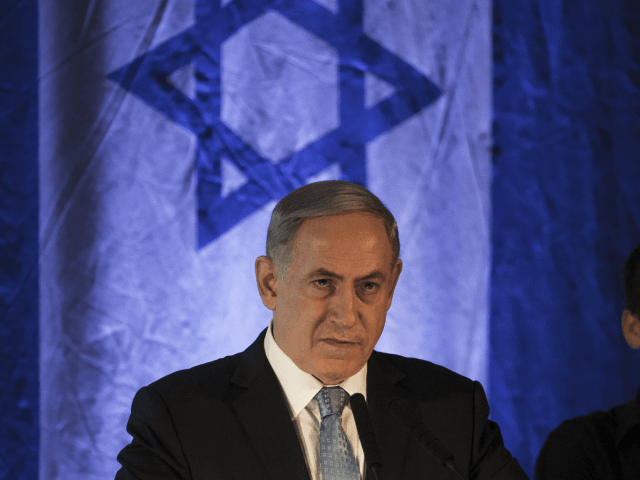In a alarming incident in Amsterdam, pro-Palestinian mobs attacked Israeli citizens following a soccer match in which Ajax defeated Maccabi Tel Aviv. This violent event has raised serious concerns among Israeli officials, prompting Prime Minister Benjamin Netanyahu to take swift action. Netanyahu, confirmed to be monitoring the situation closely with his Military Secretary and the Minister of Foreign Affairs, directed that two planes be dispatched to Amsterdam for the evacuation of Israeli nationals. The Prime Minister’s office released a statement expressing his dismay over the brutal assaults, stressing that these incidents would not be ignored and emphasizing that the safety of Israeli citizens abroad is a top priority for his government.
Netanyahu’s response highlights a broader concern regarding rising anti-Israel sentiment in Europe. With this incident occurring shortly after Ajax, a club historically associated with the Jewish community in Amsterdam, had garnered attention for its fan base’s pride in that heritage, the irony of the situation is striking. The timing of the violence coinciding with the club’s victory over Maccabi Tel Aviv raises questions about the underlying tensions associated with sporting events and their potential to escalate into larger conflicts. This incident has not only highlighted the risks for Israelis in foreign locales but also has become a reflection of the polarized attitudes toward Israel globally.
The violent incident gained widespread visibility through social media, with videos circulating on platforms like Telegram, further magnifying its impact. The security implications of such public displays of hostility cannot be understated as they exist within a geopolitical climate that is already fraught with tension. Netanyahu’s directive for immediate government action addresses not only the gravity of the situation but also sends a strong message to the Dutch authorities. He has publicly called for Dutch law enforcement to take decisive measures against the perpetrators and guarantees protection for Israeli citizens in the wake of these events.
The rise of pro-Palestinian demonstrations in various European cities has become increasingly pronounced, and this Amsterdam incident underscores the volatile atmosphere surrounding the Israeli-Palestinian conflict. The quick succession of events, including a recent match where fans of Paris Saint Germain displayed a “Free Palestine” banner, adds to the narrative of growing unrest. UEFA’s decision to refrain from penalizing the French club highlights a potential double standard or reluctance to address rising political sentiments infiltrating sports. The intertwining of sports and political statements makes the context of such violence even more complex, raising the stakes for all parties involved.
For Netanyahu and Israel, these events mark a concerning trend that could affect tourism, international relations, and the well-being of its citizens living abroad. The Prime Minister’s strong condemnation of the attacks serves to reaffirm the government’s commitment to protecting its citizens, regardless of where they are in the world. The decision to deploy planes for the evacuation underscores the severity with which the Israeli government is taking these threats. Such actions might also be seen as a message to potential aggressors that Israel takes its citizens’ safety very seriously.
In conclusion, this incident serves as a stark reminder of the challenges faced by residents and travelers with Israeli backgrounds amid growing tensions in international contexts. The need for heightened security measures and diplomatic dialogue has never been more evident. The situation in Amsterdam illustrates the consequences of public sentiment spilling over into violence and reveals deeper underlying issues regarding national identity, safety, and the very real implications of sports in the socio-political sphere. As the Israeli government navigates these turbulent waters, it becomes clear that addressing both immediate and long-term concerns will be crucial in ensuring the safety of its citizens against what may seem like isolated incidents but ultimately reflect a larger, global conflict.

